A year ago, renowned film critic and writer Baradwaj Rangan wrote his maiden piece for a weekly column on world cinema for Firstpost. The section was started with an objective to make films from across the globe — hidden gems and cinematic milestones — accessible to contemporary readers. 12 months and 52 pieces later, here’s a look at excerpts from pieces which defined this journey, in no particular order: **On stunning nude scenes** [caption id=“attachment_5716461” align=“alignnone” width=“825”] !
A year ago, renowned film critic and writer
Baradwaj Rangan wrote his maiden piece for a weekly column on world cinema for Firstpost. The section was started with an objective to make films from across the globe — hidden gems and cinematic milestones — accessible to contemporary readers. 12 months and 52 pieces later, here’s a look at excerpts from pieces which defined this journey, in no particular order:
**On stunning nude scenes** [caption id=“attachment_5716461” align=“alignnone” width=“825”]
 A still from Persona. Image from Flickr.[/caption] “The most stunning nude scene of all, in my book (or should I say, “in my movie”?) is the one in Ingmar Bergman’s Persona, where the nurse taking care of the actress talks about a day on the beach with a girl who’d paddled over from another island — a newly found friend — when two boys came by.” “The nude scene in Jean Luc Godard’s Le Mépris (Contempt), on the other hand, is actually a nude scene. It’s a scene that features nudity, gratuitous female nudity – there’s no reason for the woman (Brigitte Bardot) to be naked, and yet, there she is, in her birthday suit, while the man beside her (her on-screen husband) is clothed. The difference between this gratuitous nude scene and others is that Godard intended the gratuitousness. Does that make sense? Don’t ask me. Ask Godard himself.”
**On _Call Me by Your Name_, _Lolita_ and taming discomfiting desires on the big screen** [caption id=“attachment_5716501” align=“alignnone” width=“825”]
 A still from Call Me By Your Name. @LeCinephiles[/caption] “More than five decades later, things don’t seem to have changed much when it comes to the depiction of discomfiting desires on the big screen. Of course, a filmmaker is not bound to be faithful to every nuance of a novel. But in these novels, the fetishism is so bound to the relationships that the whole story comes off very differently without these scenes. Call Me by Your Name, on screen, is a genteel love story.”
_**Woody Allen, Aziz Ansari and the 'court of public law'**_ ![master-none-aziz-ansari]()
“Ever since stories about sexual harassment and abuse of power/privilege began to tumble out of Hollywood’s closets, some of us have begun to wonder if we have any business commenting at all. It’s vital to come out against systematic predators like Harvey Weinstein, but what about some of the shades-of-grey cases (say, the controversy around Aziz Ansari)? Shouldn’t we leave them to courts of law? Of course, that’s not how we function in this age of social media, because we have to have an opinion. We turn into armchair judges. It’s the court of public law.”
**A journalist's view of Cannes Film Festival and its touching commitment to cinema** [caption id=“attachment_5716551” align=“alignnone” width=“825”]
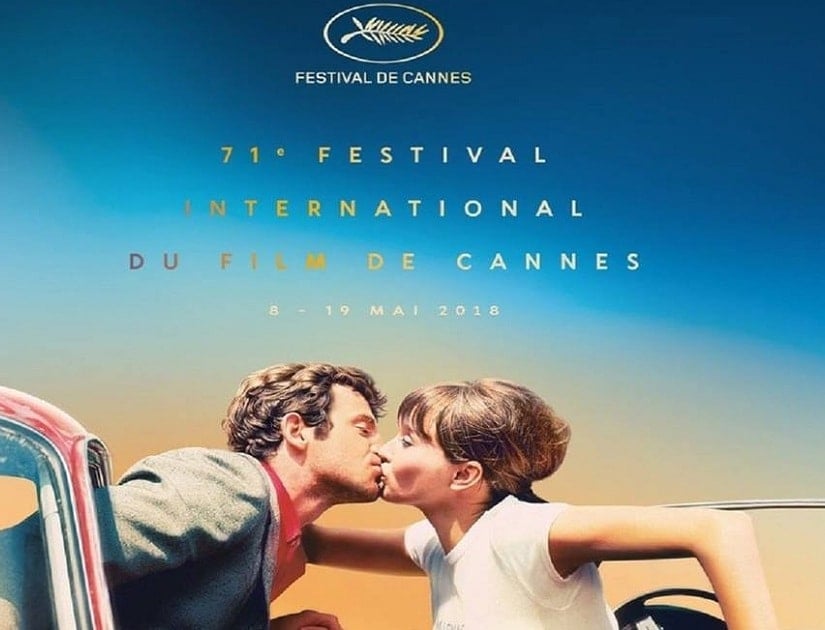 Official poster of Cannes Film Festival 2018[/caption] “Reviews from Cannes are so powerful that they can break films scheduled to open later in the year. A badly reviewed film can see its release dates (and thus, in the US, its Oscar prospects) majorly affected. Nothing can be done about this, of course. But the Festival has shuffled its schedule around so that the gala premiere screening, attended by the film’s cast and crew, is not impacted by reviews. (Press screenings will happen simultaneously, or later.) So the people associated with the film will walk the red carpet with hope in the heart, without any knowledge of what the reception will be like.”
**Looking at neo-realism through the prism of Vittorio De Sica's _Bicycle Thieves_** [caption id=“attachment_4576311” align=“alignnone” width=“825”]
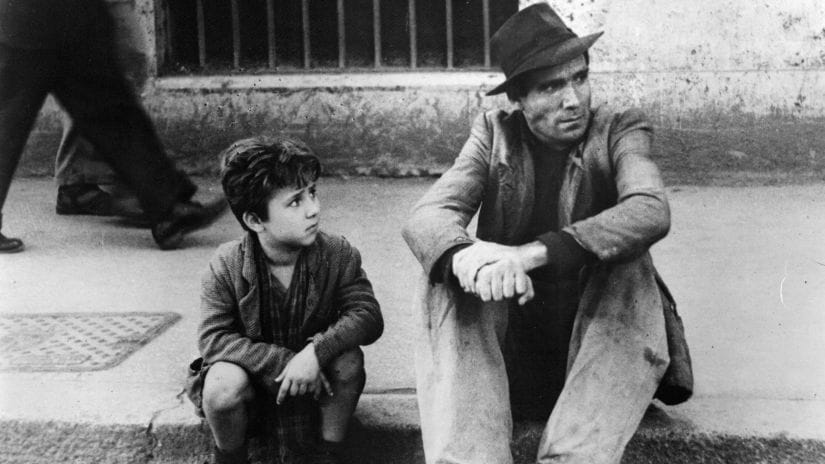 A still from Bicycle Thieves. YouTube[/caption] “The first time Antonio asks a kid to look after his bike is when we think it’s going to be stolen. (After all, given this film’s title, the theft is what we expect.) But it’s the tone, the determination to not make the protagonist a saint just because he is suffering. When a boy he suspects of being the thief ends up with epileptic fits, Antonio seems to care less about the boy’s condition than the fact that he wants his bicycle back. He tells a cop, “There he is. He’s pretending to throw a fit.” It’s sickening behaviour, but it’s also very human.”
**Rajkumar Hirani's _Sanju,_ and biopics that were off the mainstream** [caption id=“attachment_4573281” align=“alignnone” width=“825”]
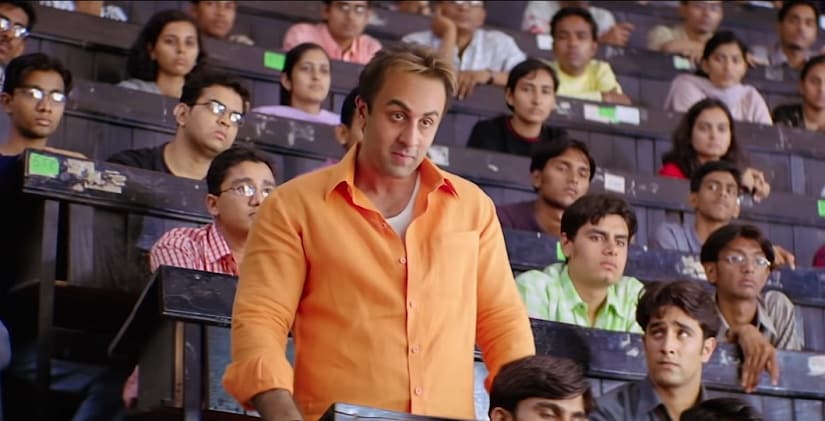 Ranbir Kapoor in Sanju[/caption] “Sometimes, it’s easier to enter a biopic if you know nothing about the subject. Every frame of Sanju, I was comparing the on-screen story to what I know from off-screen reports – but take Werner Herzog’s The Enigma of Kaspar Hauser (1974). This is the Room-meets-Tarzan story of a man who claimed to have spent the first seventeen years of his life in a tiny cellar, with no human contact other than his captor. What happens when he’s unleashed on civilisation? In
this famous scene, he not only demonstrates empathy for fallen apples (“Let the applies lie, they’re tired and want to sleep”), but also proves they possess intelligence. The crux of this man – the enigma of the title, the unknowability – comes through in the closing scenes, when, Kaspar narrates a story about a caravan and the desert, even though he knows “only the beginning.” There’s always a missing piece – in this story, in this man, in any biopic.” On _Race 3,_ bad films and savage movie reviews [caption id=“attachment_4485561” align=“alignnone” width=“825”]
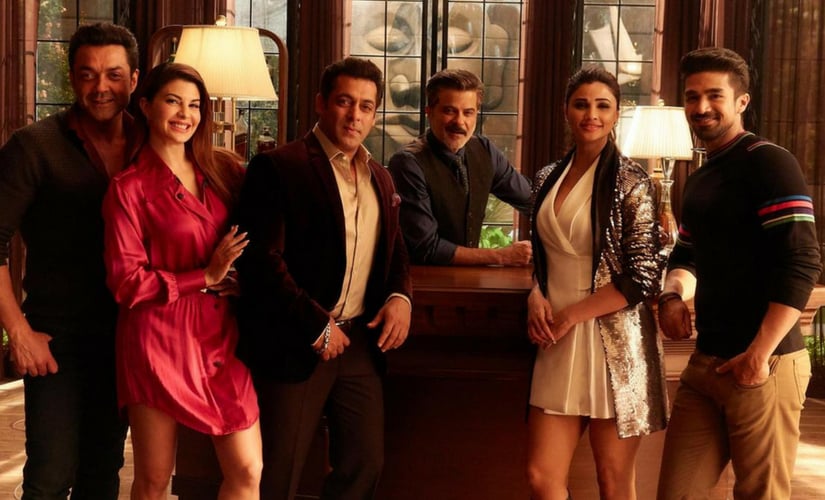 The cast of Race 3. Image from Twitter[/caption] “There’s always the criticism that filmmaking is such a complex effort, involving so much Hard Work, and it’s unfair to dismiss all this in a snarky summation. But when so many crores are spent without a basic script, it’s unforgivable. That being said, is it easier to dismiss a film like Race 3, which is so obviously bad, than a more “serious” film?”
**Remembering _Rashōmon_, Kurosawa's only female-centric film** [caption id=“attachment_5128421” align=“alignnone” width=“825”]
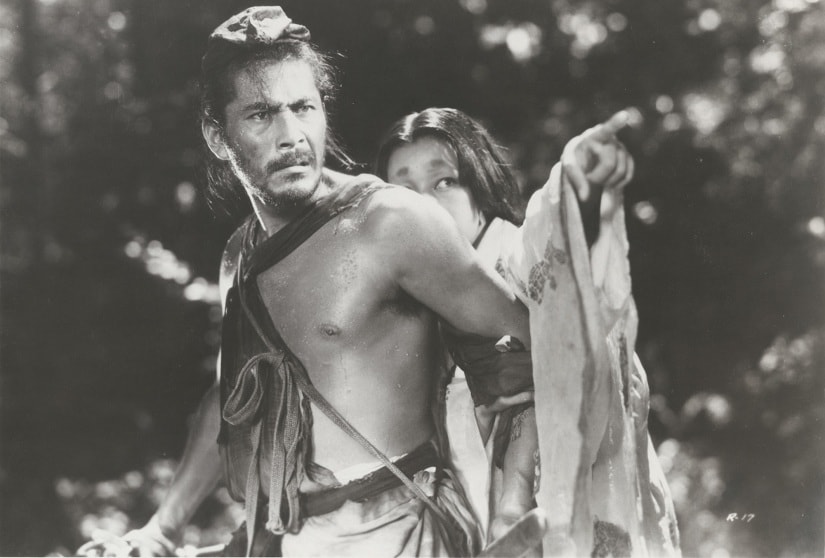 A still from Rashomon. YouTube[/caption] “When Rashōmon went on to win the Academy Award for Best Foreign Film, Japanese critics scoffed at this attention as Western curiosity for Oriental exoticism. Kurosawa was deeply hurt. He wrote, “Why is it that Japanese people have no confidence in the worth of Japan? Why do they elevate everything foreign and denigrate everything Japanese? Even the woodblock prints of Utamaro, Hokusai and Sharaku were not appreciated by the Japanese until they were first discovered by the West.”
**_Last Tango in Paris_ and the complicated legacy of Bernardo Bertolucci** [caption id=“attachment_5717021” align=“alignnone” width=“825”]
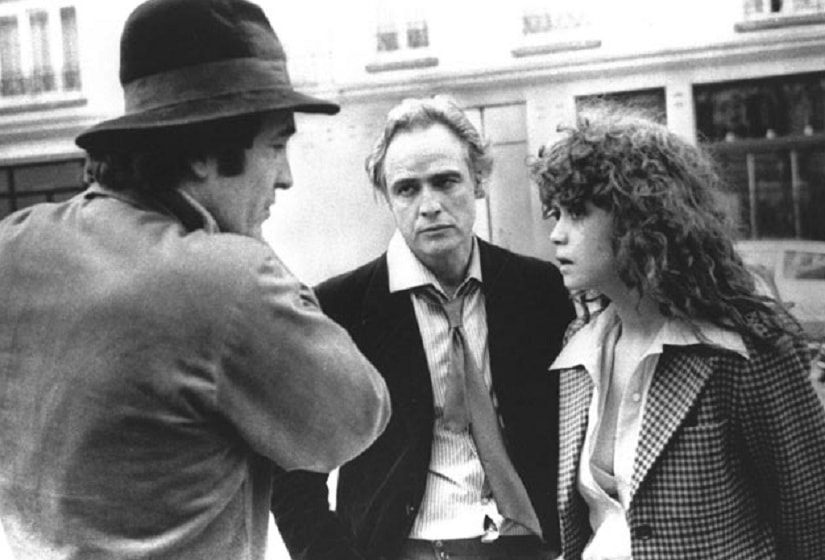 A photo from the sets of A Last Tango in Paris. Image via Twitter/@SarahHugsU[/caption] “My own feelings about the controversial aspects of Last Tango (I saw it long after its release) were along the lines of what François Truffaut wrote in his book, The Films in my Life: ‘Unfortunately I cannot cite an erotic film that is the equivalent of Henry Miller’s writing (the best films, from Bergman to Bertolucci, have been pessimistic), but after all, freedom for the cinema is still quite new. Also, we must consider that the starkness of images poses far more difficult problems than those posed by the written word.’ The closest I have come to the rapture of sex on page making it to the big screen is in Stanley Kubrick’s take on Lolita.”
**On familiarity influencing how we view biopics vis-à-vis _Bohemian Rhapsody_** [caption id=“attachment_4474203” align=“alignnone” width=“825”]
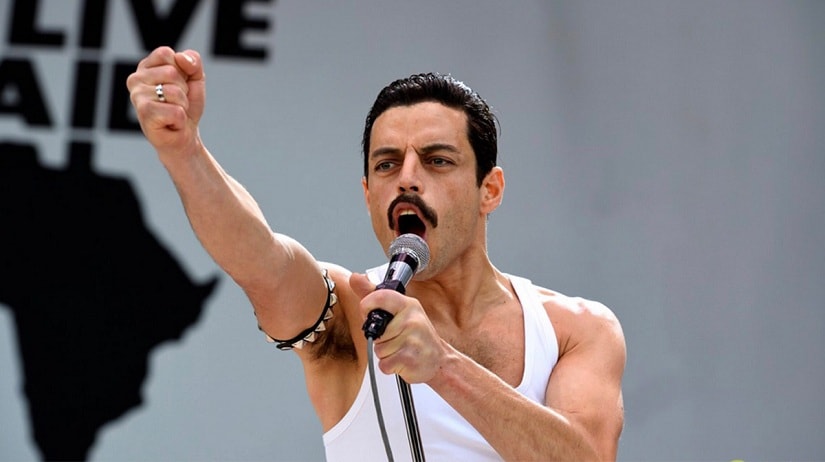 Rami Malek as Freddie Mercury in a still from Bohemian Rhapsody[/caption] “I enjoyed this film, flaws and all. It didn’t bother me much that Freddie’s decision to pursue a solo career is treated by his fellow band mates with the kind of incredulity that suggests they’ve never heard of John Lennon. It didn’t bother me much that Freddie’s gay friends (and boyfriend) are all painted with the same unsympathetic brush. It didn’t bother me much that the songwriting seems so easy, that hits seem to roll off the practice sessions like magic. All because the music kept coming. Music I knew. Music I grew up with. Music that, combined with nostalgia, reduced me to an emotional puddle. One huge plus can compensate for many smaller minuses.”
- Home
- Entertainment
- The Baradwaj Rangan column: A year of making world cinema accessible for contemporary readers


)
)
)
)
)
)
)
)
)



